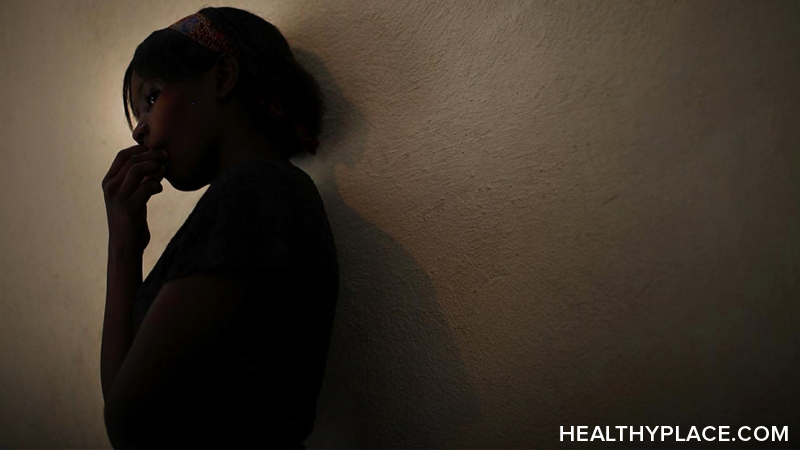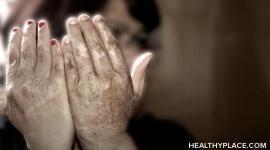Reporting Rape: What to Do If You Are Raped?

Understanding what to do if you are raped is something no one wants to know. However, the steps in reporting rape are important to know in case that worst case scenario ever happens to you.
Knowing what to do if you are raped is critical in order to ensure your safety, preserve evidence and increase the likelihood that the rapist is successfully prosecuted. Even though the evidence might be the last thing on your mind directly after a rape, it is something you will likely think about for a long time to come; so taking steps now can help you out in the long run.
Ensuring Your Safety After a Rape
The most important thing to do after rape is to ensure your own safety and get medical attention. The first obvious step is to find a safe environment away from the attacker. This could be your home, car or a hospital. Wherever you choose to go, consider calling a friend to come with you to offer moral support. What has just happened to you is not your fault and you do not need to go through it alone.1
- Calling the National Sexual Assault Hotline at 1-800-656-HOPE can provide you with information on what to do if you have been raped. It is free and available 24 hours a day.
Do not brush your teeth, bathe or change clothes until medical professionals have had a chance to properly collect evidence.
Medical Attention After a Rape
Once you are safe, ensure you get medical attention – whether you feel you have been hurt or not. Call the police or 911. Medical attention will ensure that you are physically okay and can assess the risk for things like sexually transmitted infections and pregnancy. Even if you never intend to report the rape, it's critical to get medical help for your own safety.
Tell the hospital that you have been raped so that they can conduct a rape kit. This ensures that forensic evidence can be properly preserved. If you feel that you may have been drugged, make sure to give a urine sample so that a lab can analyze it for further evidence.
Reporting a Rape
Once your safety is assured and you receive medical attention, writing down the details of the rape is important. It's critical to get as much information down as possible while the memory is fresh.
- Write down everything that happened
- Write down everything you remember about the attacker
While this can seem like the last thing you want to do, this can be crucial evidence in prosecuting your rapist; and bringing your attacker to justice may be one of the key steps in your rape recovery efforts. If you aren't sure what to do, it's still best to report now and decide later. Most rape crisis centers have professionals who can help you through the rape reporting process.
It is never too late to report a rape although some prosecutions are barred after a certain number of years, depending on the state. Ideally, a report will be made right after it happens and while medical attention is being given, but days or even months later a rape can still legally be reported and prosecuted.
Remember:
• Attempted rape is still a crime and should be reported
• You do not need to be physically injured for it to be rape – most rapes don't result in physical injuries
• It is still rape even if you know the attacker
• The police take rape very seriously and want to help you
• The rape is not your fault. No matter the circumstance, you did nothing wrong.
One final note, many states have victim compensation programs which provide victims money for rape therapy. However, most states require rape victims to report the crime to police in order to qualify for the funds.
APA Reference
Tracy, N.
(2021, December 17). Reporting Rape: What to Do If You Are Raped?, HealthyPlace. Retrieved
on 2024, June 20 from https://www.healthyplace.com/abuse/rape/reporting-rape-what-to-do-if-you-are-raped



